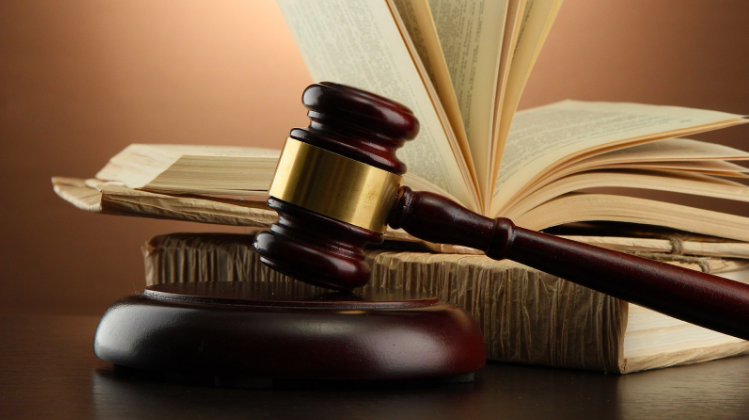The metaverse, a virtual realm brimming with possibilities, is not immune to the intricacies of legal scrutiny. As we traverse this digital landscape, concerns about the ethical use of AI, intellectual property challenges, content moderation, and the regulation of virtual assets and cryptocurrencies come to the forefront.
Ethical Use of AI and Virtual Assistants: Navigating the Digital Conscience

As AI becomes integral to the metaverse experience, questions about data privacy, consent, and the potential misuse of AI capabilities loom. Striking a balance between innovation and fair, ethical use becomes paramount to ensure a responsible and user-centric metaverse.
Integrating AI into the metaverse offers unparalleled possibilities but necessitates a delicate dance between technological innovation and ethical boundaries. Establishing robust frameworks for ethical AI use becomes imperative to foster trust and safeguard user rights within the digital metaverse.
Intellectual Property Concerns: Safeguarding Creations in the Virtual Realm

Creating and owning virtual assets, designs, and digital content raises questions about copyright, trademark, and intellectual property protection. As users contribute to the ever-expanding metaverse tapestry, legal frameworks must evolve to safeguard the rights of creators.
Metaverse denizens actively contribute to creating virtual assets, designs, and content. This influx of digital creativity necessitates a reassessment of copyright norms, ensuring that creators are adequately protected in the virtual realm. Striking a balance between fostering creativity and upholding intellectual property rights becomes a central tenet of metaverse legality.
Content Moderation and Liability: Mitigating Harmful Content Challenges

The question of liability for harmful or inappropriate content becomes a focal point. Establishing effective content moderation mechanisms that balance free expression and harm prevention is paramount for the metaverse to be a safe and inclusive environment.
Content moderation within the metaverse presents a multifaceted challenge. The digital expanse, often open to user-generated content, demands robust systems to detect and address harmful material. Striking a balance between fostering an open virtual community and mitigating potential risks underscores the delicate responsibility of content moderation in the metaverse.
Regulation of Virtual Assets and Cryptocurrencies: Charting Legal Territories

As users transact and trade within this digital ecosystem, questions about financial regulations, taxation, and the legal status of virtual assets come to the fore. Bridging the traditional legal frameworks and the dynamic metaverse economy becomes pivotal.
Fueled by virtual assets and cryptocurrencies, the metaverse economy challenges existing financial paradigms. Governments and regulatory bodies grapple with extending legal frameworks to encompass the nuances of metaverse transactions. Striking a balance between innovation and fair regulation becomes integral to fostering a robust and legally sound metaverse economy.
Navigating the Evolving Legal Landscape of the Metaverse
Discover more! 5 Privacy Concerns In Virtual Worlds Highlighted by Forbes
As the metaverse continues evolving rapidly, its legal landscape becomes increasingly complex. Addressing ethical AI use, safeguarding intellectual property, managing content moderation, and regulating virtual assets and cryptocurrencies are pivotal aspects of navigating the metaverse legality maze. As stakeholders collaborate to shape responsible legal frameworks, the metaverse holds the potential to become a virtual realm where innovation thrives within ethical and legal boundaries.

